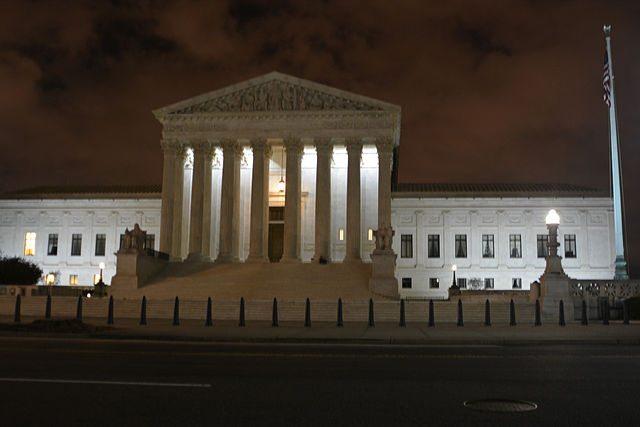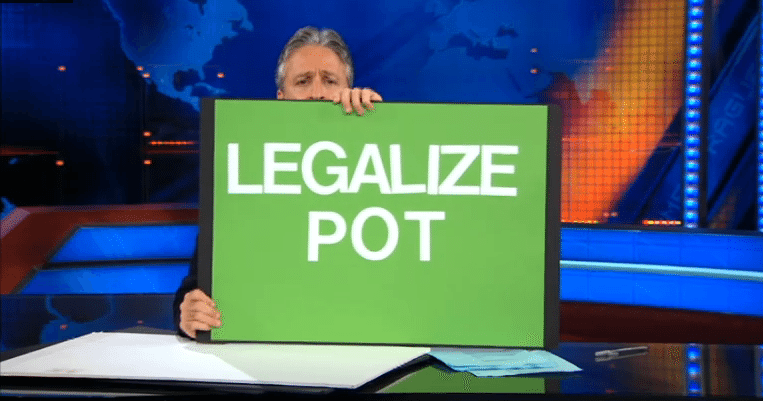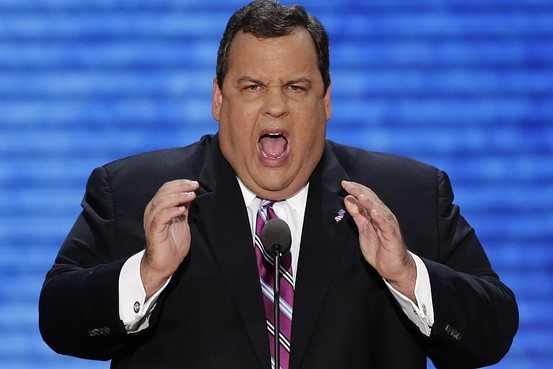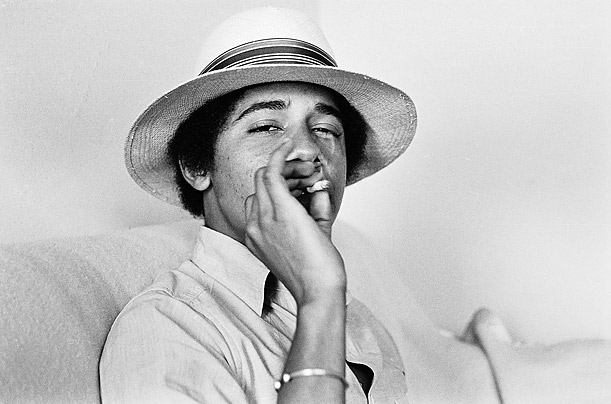Many legal observers are very skeptical Nebraska and Oklahoma’s federal challenge of Colorado’s marijuana law, feeling that it has “lacks merit” and won’t be successful in stopping the licensing and regulation of cannabis commerce. I certainly hope the United States Supreme Court doesn’t allow the attorneys general of Nebraska and Oklahoma, two supposed supporters of states’ rights, succeed in their hypocritical lawsuit. Showing some interest in the case, the Supreme Court has asked for a brief on the issue from the Obama Administration.
Nebraska’s Jon Bruning and Oklahoma’s Scott Pruitt have been vocal and prominent challengers against Obamacare’s alleged attacks upon state sovereignty, so it is amazing that they would have the gall to tell Colorado how to enforce its own marijuana laws. Mark Stern writes about the hypocritical lawsuit in Slate:
This strange little lawsuit against Colorado is so astonishingly hypocritical, so brazenly antipodal to Bruning and Pruitt’s professed philosophy, that even admirers of both men are aghast. Case Western Law’s Jonathan H. Adler, the mastermind behind the latest Obamacare suit, noted with disgust that “it is as if their arguments about federalism and state autonomy were not arguments of principle but rather an opportunistic effort to challenge federal policies they don’t like on other grounds.” Georgetown Law’s Randy Barnett, who brought the first Obamacare suit from the fringe to the mainstream, wrote that “I see no other way to interpret Nebraska and Oklahoma’s lawsuits than as an example of ‘fair weather federalism.’ ” (Federalism describes the balance of power between states and the central government; self-described federalists favor increased state autonomy.)
What has Adler and Barnett so riled up about the marijuana lawsuit isn’t just the rank hypocrisy. It’s the precedent. Federalists may have lost their argument against Obamacare’s individual mandate at the Supreme Court, but they won the other half of their suit: the claim that the federal government can’t coerce states into participating in the law’s generous Medicaid expansion. (That’s why red states are still able to squabble over the program today.) Federalists have long strived to establish that Congress can’t dragoon states into adopting certain policies or programs. By pushing the Supreme Court to rule that the federal government can’t force states to expand Medicaid—even on Congress’s dime—federalists scored a huge win.
If Nebraska and Oklahoma succeed in their lawsuit against Colorado, that victory would effectively be reversed. The two states are arguing that federal law outlawing marijuana doesn’t just make the use and sale of marijuana federal crimes. Rather, they’re arguing that Congress intended to force state legislatures to criminalize marijuana, and to use their states’ police power to punish marijuana users. If this claim is true, then the law itself constitutes a federal infringement upon state autonomy far, far greater than any part of Obamacare. Bruning and Pruitt read Congress’s marijuana ban to coerce every single other state into enacting, maintaining, and vigorously enforcing its own marijuana ban.
The Christian Science Monitor’s Warren Richey reports that both “Washington State and Oregon” have joined Colorado’s defense of its voter-passed legalization measure:
“This court has never used its original jurisdiction to resolve such policy disagreements between states, and it should not start now,” wrote Noah Purcell, solicitor general in Washington.
“States can serve as effective laboratories of democracy only if they take differing approaches to problems,” he said.
Changes in marijuana laws are happening in concert with legislative and executive decisions in the federal government. “It is both foreseeable and desirable that states will continue to exercise their sovereign prerogatives by adjusting their laws in fidelity to the beliefs of their citizens,” Mr. Purcell said.
If successful, Nebraska and Oklahoma, could actually hurt any efforts to curtail the underground marijuana market that they claim they are concerned with. Licensed and regulated cannabis commerce brings more people above board, while ending that system will only push more people into the illicit system as demand for marijuana won’t go away, so neither will sales. Sales will still occur all across Colorado, but they will be unregulated and untaxed. Other states will licensed and regulated sales, in both recreational and medical systems, will then be forced to end regulations, only to still allow legal possession.
Success by the two conservative states could have serious repercussions on a series of states’ policies beyond marijuana as other bordering states across the country may start considering whether the environmental, alcohol, tobacco, gambling, or gun laws of neighboring states have negative impacts across borders. Federalism allows states to be true laboratories of democracy, so long as states don’t deprive individuals of their constitutional rights. Fair-weather federalists shouldn’t be allowed to destroy one of the foundations of our representative democracy simply because they still suffer from Reefer Madness.





















